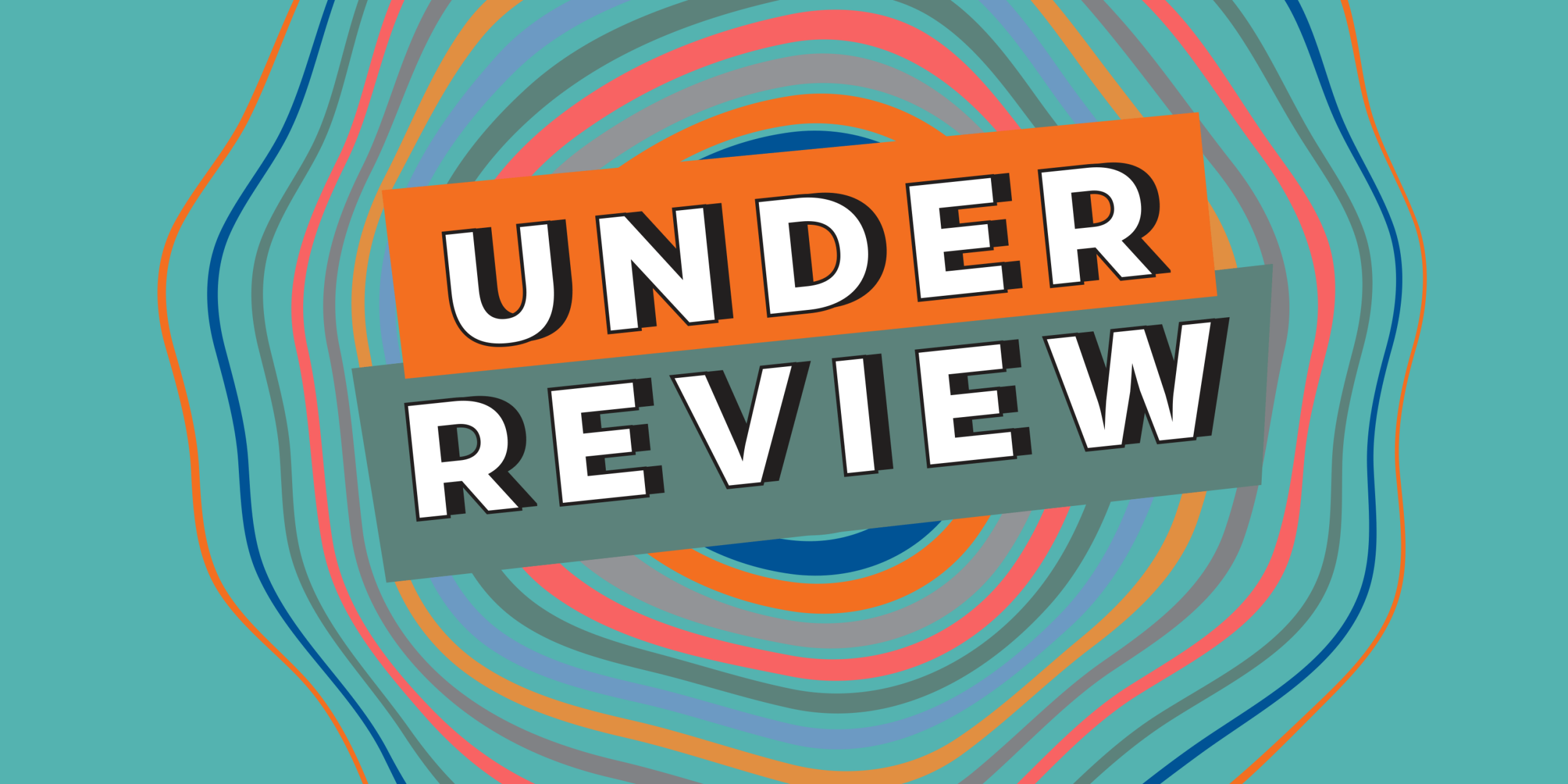Episode Description
Given the crisis of declining student enrollments and tenure-track jobs, what is the role of scholarly organizations in facilitating systemic change? This episode, we speak with Dr. Joy Connolly about her role as president of the American Council of Learned Societies (ACLS), where she works on fellowship design, change acceleration, and creating spaces for students, faculty, and administrators to craft a more sustainable future for the humanities. But first: A job ad that asks for too much and gives too little.
Contact us at humanitiesunderreview@gmail.com.
This podcast is supported by The University of California Humanities Research Institute and The University of Florida Center for the Humanities and the Public Sphere.
Episode Resources
- American Academy of Arts and Sciences, Humanities Indicators
- Leonard Cassuto and Robert Weisbuch, The New PhD: How to Build a Better Graduate Education
- Katina Rogers, Putting the Humanities PhD to Work: Thriving in and Beyond the Classroom
Episode Takeaways
- “We’ve always thought that Humanities and Social Science PhDs have a huge amount and enormous amount to offer the world outside of academia. And that was what? Well, the recognition that that belief that I just stated, was not shared widely by faculty, especially 15 years ago in the program, it was being being put in place, and also that there weren’t really there weren’t well paved paths from academia to the nonprofit world, let alone the for profit world.”
- “Baked into all our thinking there was the driving need, not just to diversify the professoriate or recruit more diverse undergraduate students to our classrooms, but to think and embrace and make really the driving force behind that the idea that diverse people in humanistic and social scientific work change the questions you ask and open up the field of investigation. So how do we make the most of that, and how do we make institutions and their reward structures reflect those changes?
- “The first of all, the number of graduate programs I’ve come across in my life, where there’s never any open conversation about the curriculum, where graduate students and faculty are sitting around the same table and talking about it in a non confrontational way. And the only way to do that in a non confrontational way, and I know this takes time, but I mean, not just time on a, you know, a few hours, it takes years, we need to bake that into the regular practice of every program, because I’ve seen this, again, something I learned moving into the nonprofit world. Why do we have regular meetings? Well, we do it partly because there’s work to be done on a regular basis, but we also do it, because we need to get to know one another. And, and talk to one another, understand, get used to the personalities, the character quirks, that make people human beings and understand that people bring their whole humaneness to these conversations. And so having some kind of emergency discussion about the graduate curriculum because some particular problem needs to be fixed as the worst possible way in which to have a human conversation. So the department or the program has to invest in setting up, I would say, two hours once a semester to start with, or maybe it’s twice a semester where over lunch, people sit and say, `this is what I like, this is what I wish we would do.’”
- “I don’t think I’m alone in having felt when I was a graduate student, that it was all on me and, and the struggles I was going through…but I still spent too much time thinking, I’m struggling with this chapter. I don’t want to admit it to anybody, I can fix this myself, right? And then, you know, three months later thinking, Hmm, like, I think I fixed it, but wow, that was a lot of wasted time and energy. So that’s why I emphasize this: You’re not alone. Ask for help. People love offering advice, especially teachers. So it might not be the advice you want. So ask somebody else, you know, and get multiple perspectives, create a community of fellow problem solvers around you.”
- “I’ve seen a division or kind of binary opposition between justifying the humanities or liberal arts education more broadly, in terms of work preparation and career preparation, versus fulfilling one’s curiosities, making the most of oneself. If I could wave a magic wand I’d probably want to change 1,000 things, but this is one thing I’d really like to shake up. Because one of the central pieces of any learning experience, regardless of how old you are, but whether it’s undergrad, or graduate school, or or even attending some workshop and improving one’s pedagogy, when you’re a faculty member with 30 years experience or any learning experience, it’s unpredictable, it transforms and we can’t tell at the beginning of a class how the class is going to go. We’ve all had this experience here, you teach the same class two years running with pretty much the same types of students. And it’s a completely different experience.”






